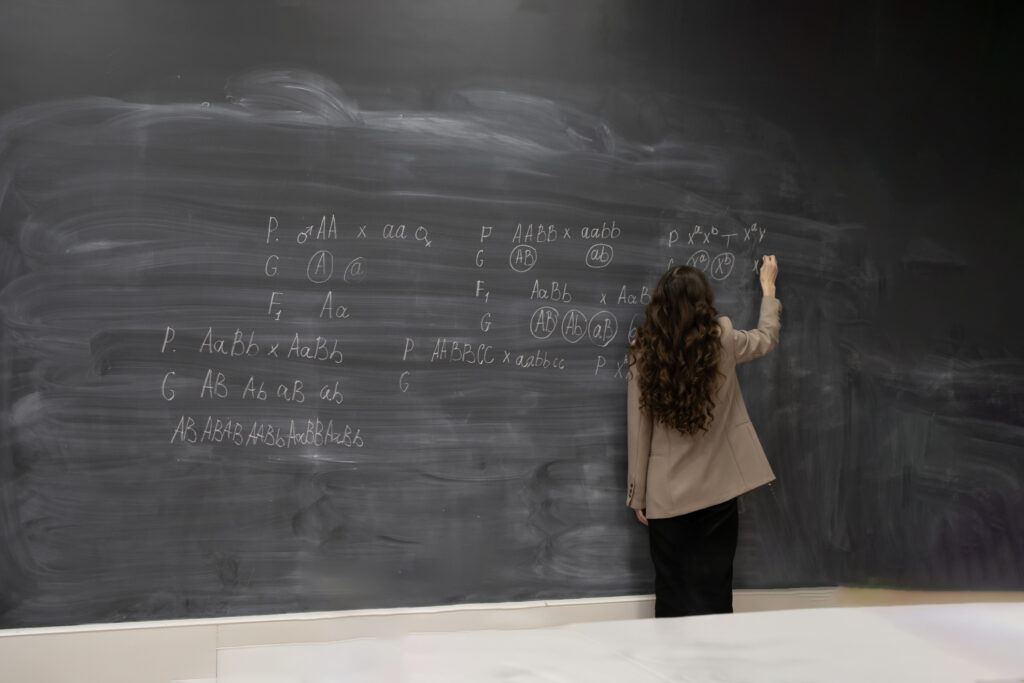Michigan Gov. Rick Snyder signed a bill to prevent public schools from automatically deducting union dues from employee paychecks. The new law, formerly House Bill 4929, removes the state from its position as middleman between unions and their members, he said.
“This legislation furthers the goal of good government by promoting greater transparency and ensuring that public resources are used solely for their intended purposes,” Snyder (R) said in a statement. “It is essential that state public school resources be devoted to the education of our children.”
Public Act 53 also requires all government employee unions to submit an annual independently audited financial statement to the Michigan Employment Relations Commission, outlining the cost of collective bargaining, contract admission, and grievance adjustment.
This keeps employees who do not wish to join a union from paying more than their share in agency fees. In Michigan, even nonunion members must often pay agency fees for union-negotiated higher wages and benefits.
Automatic Enrollment
Previously, teachers and other public school employees signed up to have union dues deducted from their paychecks when they started work. Bill cosponsor and state Rep. Pete Lund (R-Shelby Township) said very few school employees are not in unions in Michigan, though there are ways around joining.
Union dues stay in the paperwork “forever” in Michigan, said Michael Van Beek, education policy director at the Mackinac Center for Public Policy.
“[Employees] come to view dues being deducted as something that happens automatically, like taxes. It’s just part of their agreement to work there,” Van Beek said.
The new law requires union members to pay dues out of pocket. Lund said this means the government will no longer be a collection agency for unions.
“For years, unions have gotten everything they wanted. Now we’re standing up for the people. This is not something we created in Lansing. This is from the teachers. A decent number are saying they do not want [dues pulled from their paychecks],” Lund said.
Aiming for Transparency
One goal of the law is to bring more accountability to all government employee unions, not just those for teachers, Van Beek said. The state has lacked this accountability, he said. Unions were previously required to submit a financial report to the government, he said, but the report was obscure and included little important information.
“There is a lot of skepticism about how unions spend their funding,” Van Beek said. The new law “enables members to have a better sense as to how their union is spending money.”
Michigan unions on average spend less than half their funds on member representation and collective bargaining, found Paul Kersey, director of labor policy at the Mackinac Center, in a report.
Punishing Unions?
Union advocates have labeled the law as an attack against teachers and collective bargaining.
“This legislation serves no purpose except to punish school employees and the unions that represent them,” said Steven Cook, president of the Michigan Education Association. “It is a mean-spirited political attack by Republican legislative leadership seeking retribution against those who politically oppose them.”
Van Beek said union privileges, not workers’ rights, are what’s at stake here.
“Obviously, [the bill] gives individual teachers greater choice. But it’s definitely less favorable for union bosses,” said state Rep. Rick Olson (R-Saline).
Freedom Fosters Excellence
Better teachers and people join the teaching profession when teachers have more freedom of choice regarding union membership rather than being constrained to organizations they may not prefer or agree with politically, Lund said.
“That’s good for the students,” Lund said. “There are good people I know who have left education because they don’t agree with way things are going with unions.”
Public employee unions, Olson said, are “supplicants at the public trough” and always want more from local and state governments. Giving in is especially harmful to students as districts and states face large budget shortfalls, he said.
“In district after district after district, things benefiting students get cut and teachers get raises. Indirectly, if unions are made less powerful, students will benefit,” he said.
Read more:
“Union Spending in Michigan,” Mackinac Center for Public Policy, August 2008: http://www.michigancapitolconfidential.com/9757
Image by Bandita.




